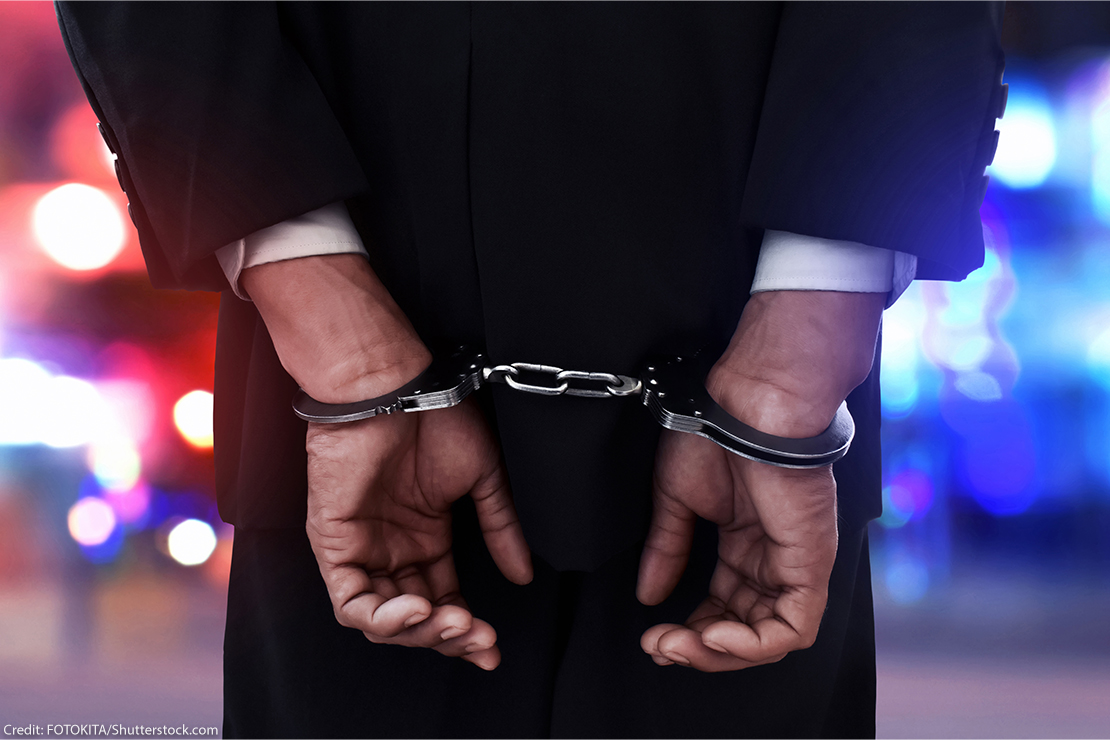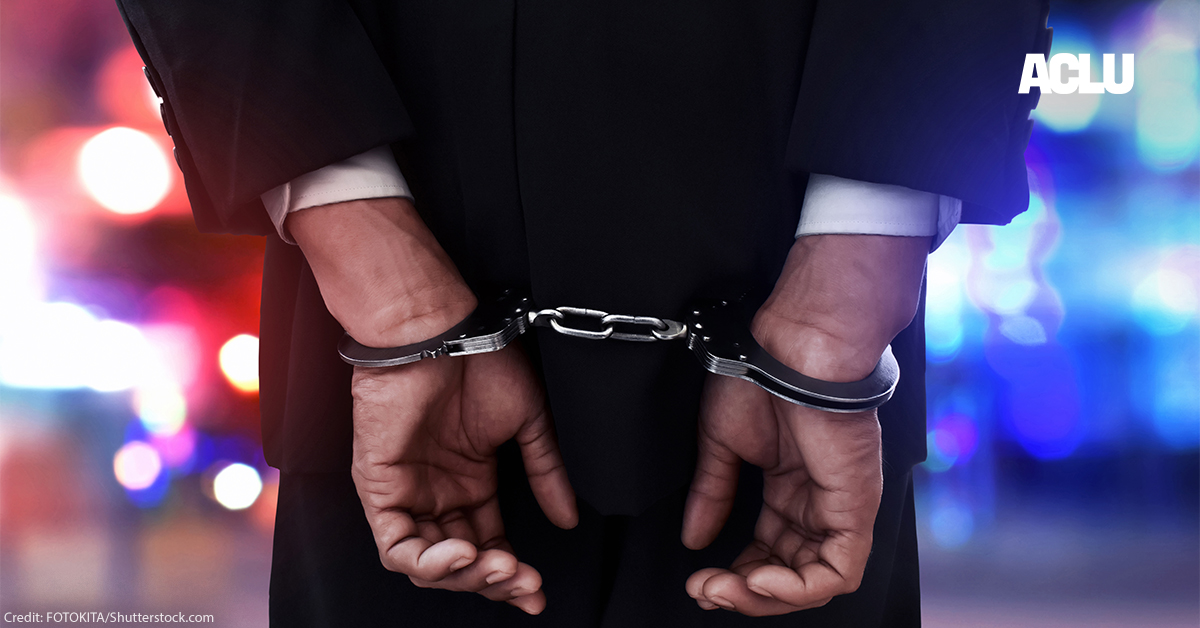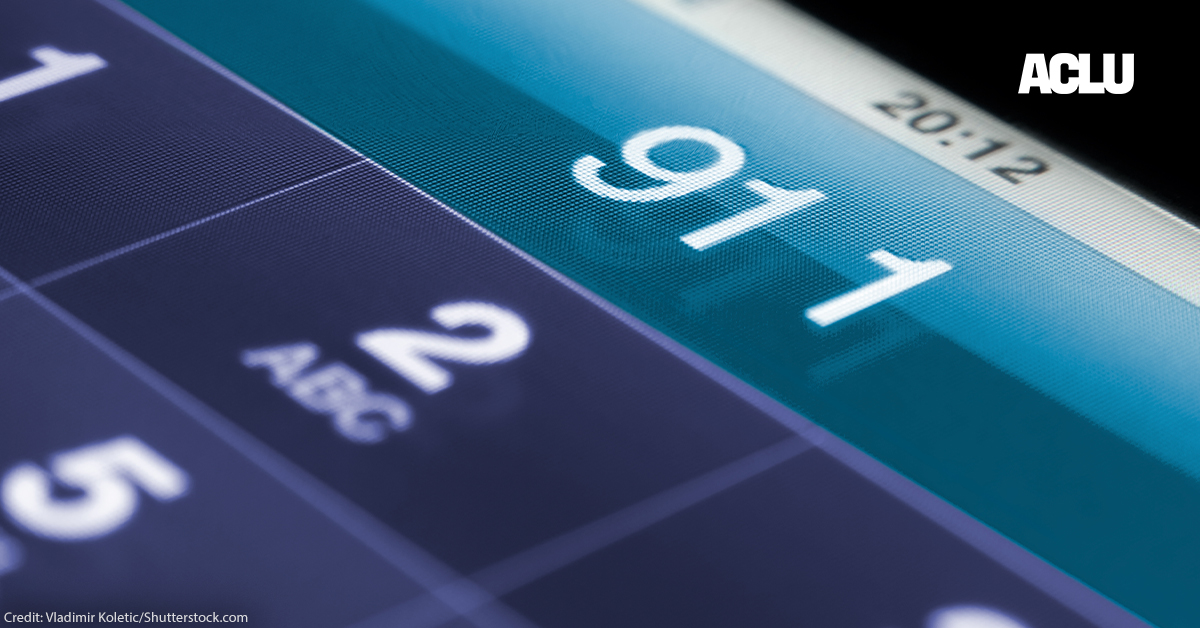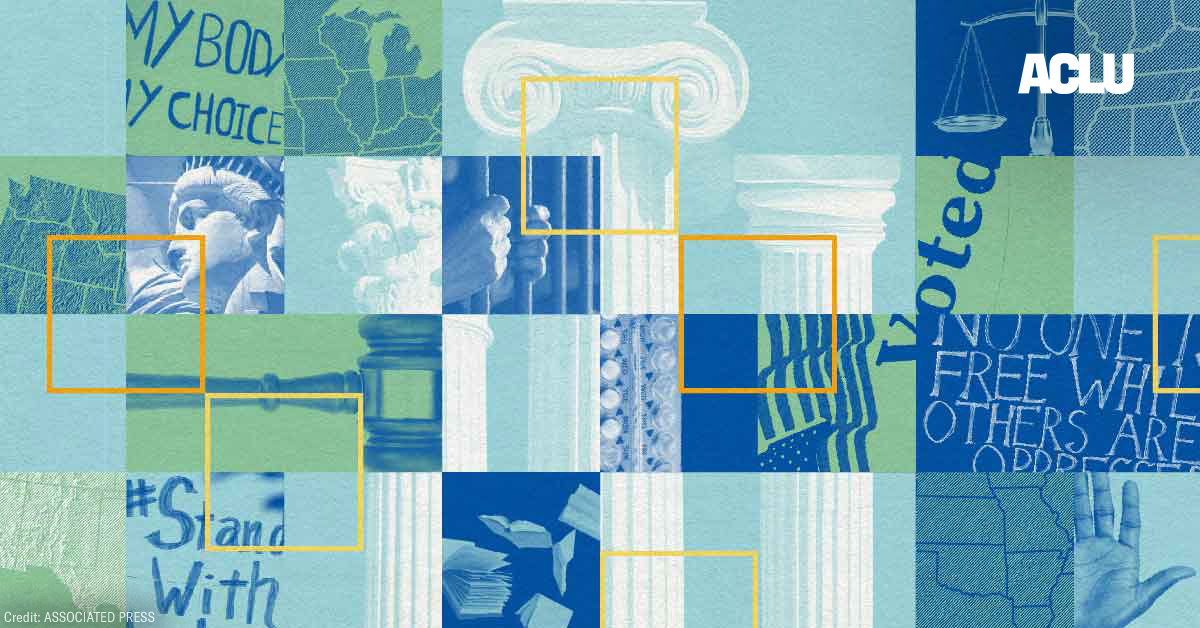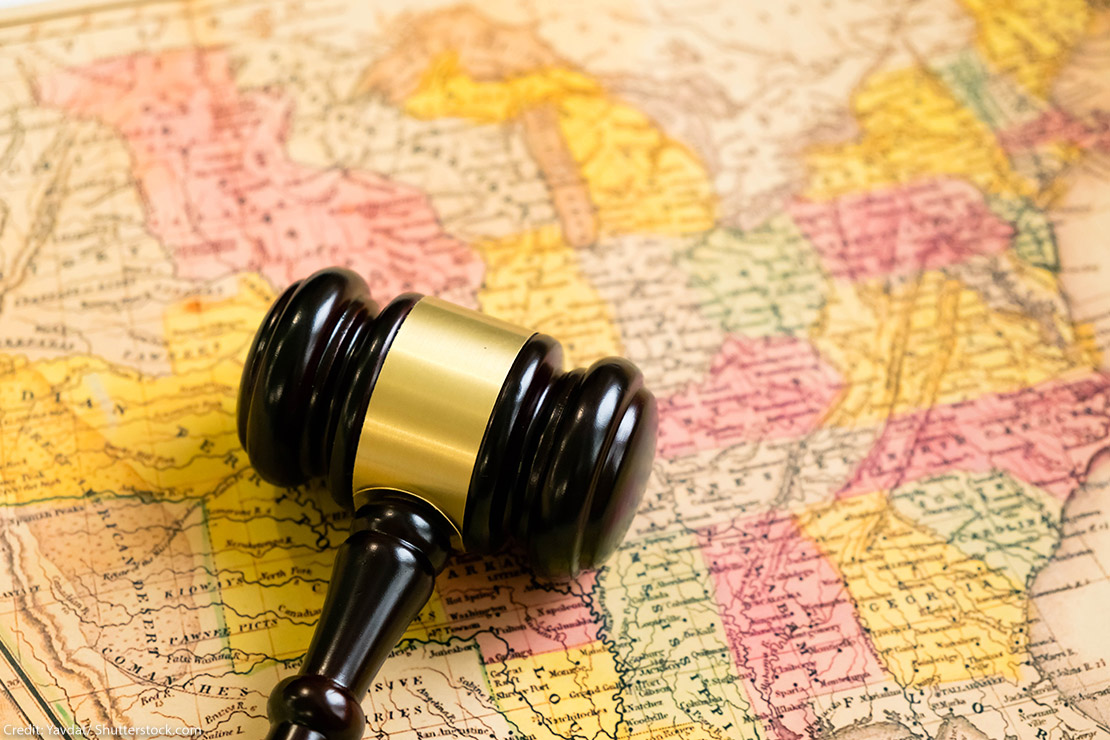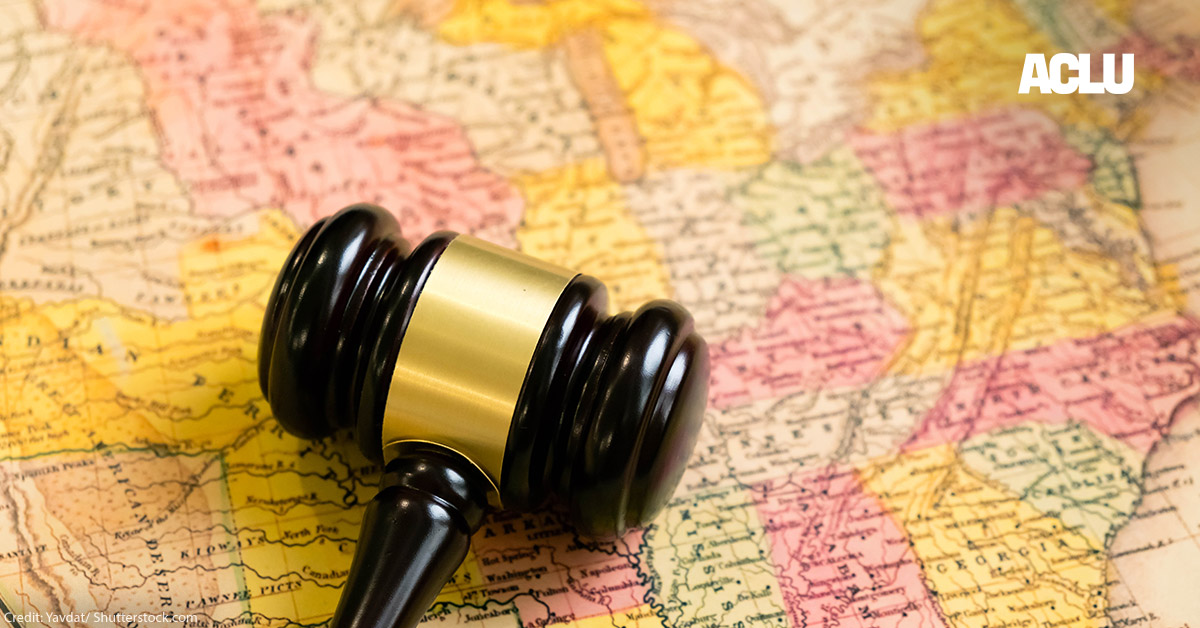In 2019, police in Castle Hills, Texas arrested Sylvia Gonzalez, a 72-year-old first-time city council member, because they didn’t like that she was advocating for the removal of the city manager, a police ally. Since police can’t constitutionally arrest someone simply because they find what they’re saying offensive, Castle Hills officers used a section of the Texas Penal Code related to the handling of government documents to arrest Gonzalez. Her purported crime was accidentally placing a citizen petition she had introduced at her first city council meeting into her personal binder.
Gonzalez sued, alleging that the police violated the First Amendment by arresting her in retaliation for her speech about the city manager. To establish that the arrest was retaliatory, she argued that the law used to arrest her had never been used to go after similar conduct. The Fifth Circuit dismissed her case, holding that to prove retaliation, she would have had to prove that other people who did exactly what she did (accidentally put a petition in their personal binder) but expressed different views (support for the city manager) were not also arrested. The court did not explain how she could possibly have offered such evidence.
Police arresting people because they don’t like their speech isn’t just a hypothetical.
Gonzalez has asked the Supreme Court to take her case. This month, the ACLU filed an amicus brief in support of her petition, urging the court to overturn the Fifth Circuit’s rigid rule to ensure that the police can’t use broad, vague, or new laws in novel ways to arrest critics of police and government.
As our brief explains, the Fifth Circuit’s decision denies crucial First Amendment protections that the Supreme Court sought to preserve in the 2019 case Nieves v. Bartlett. While the existence of probable cause to arrest generally defeats retaliatory arrest claims, the Supreme Court recognized in Nieves an important exception for circumstances in which “officers have probable cause to make arrests, but typically exercise their discretion not to do so.” The court pointed to the example of jaywalking, an act that’s illegal in many places but happens all the time, and typically goes unpunished. The court held that a vocal critic of the police should be able to bring a retaliatory arrest claim if they were arrested for jaywalking where jaywalking is commonplace but rarely results in arrest.
We all have a right to free speech, and arresting anyone for exercising their rights is unconstitutional.
The court recognized what is now known as the Nieves exception because it was concerned that the wide expanse of criminal laws across the country gives police discretion to arrest in a broad range of circumstances, and that discretion could be exploited to punish disfavored speech. It’s what happened in Gonzalez’s case. While the Texas tampering law gives discretion to police to arrest people for attempting to steal (or for misplacing) a government record, it has not, in fact, been used that way — except to arrest Gonzalez. But the Fifth Circuit held that the Nieves exception was not available to Gonzalez because she did not show that other similarly situated individuals had mishandled government documents and were not arrested.
If left in place, the Fifth Circuit’s rigid reading of the Nieves exception would have dangerous consequences for critics of police and the government. People bringing retaliatory arrest claims will rarely be able to get the type of evidence required by the Fifth Circuit, because they typically don’t have access to evidence of others engaged in conduct identical to theirs. How would Gonzalez have evidence that other people put petitions in their binders and didn’t get arrested for it? How would someone arrested for a minor traffic infraction show that other drivers who committed the same infraction but didn’t “talk back” to the officer didn’t get arrested? How would someone arrested under a noise ordinance have evidence that others who played less offensive music at the same volume under the same circumstances didn’t get arrested for it?
Police arresting people because they don’t like their speech isn’t just a hypothetical. Take the case of Michael Picard, who was arrested in 2015 when protesting legally near a DUI checkpoint with a sign reading “Cops Ahead: Keep Calm and Remain Silent.” Officers brainstormed how they might charge Picard and one suggested, “We can hit him with reckless use of the highway by a pedestrian and creating a public disturbance.” Or the case of George Alston, who was pulled over for driving with tinted windows, but ultimately arrested because an officer disliked the way he criticized the traffic stop to his wife over the phone. In another instance, an officer said to a motorist, “[i]f you run your mouth, I will book you in jail for it.”
As these examples demonstrate, it’s easy for police to abuse their discretion and exercise their arrest power against those with whom they disagree. It is crucial that the Nieves exception apply where police use broadly-worded laws in novel ways to arrest critics like Gonzalez. We all have a right to free speech, and arresting anyone for exercising their rights is unconstitutional. We hope SCOTUS will take up this case to ensure that it doesn’t become impossible to allege a retaliatory arrest claim.
Date
Tuesday, May 2, 2023 - 5:00pmFeatured image
